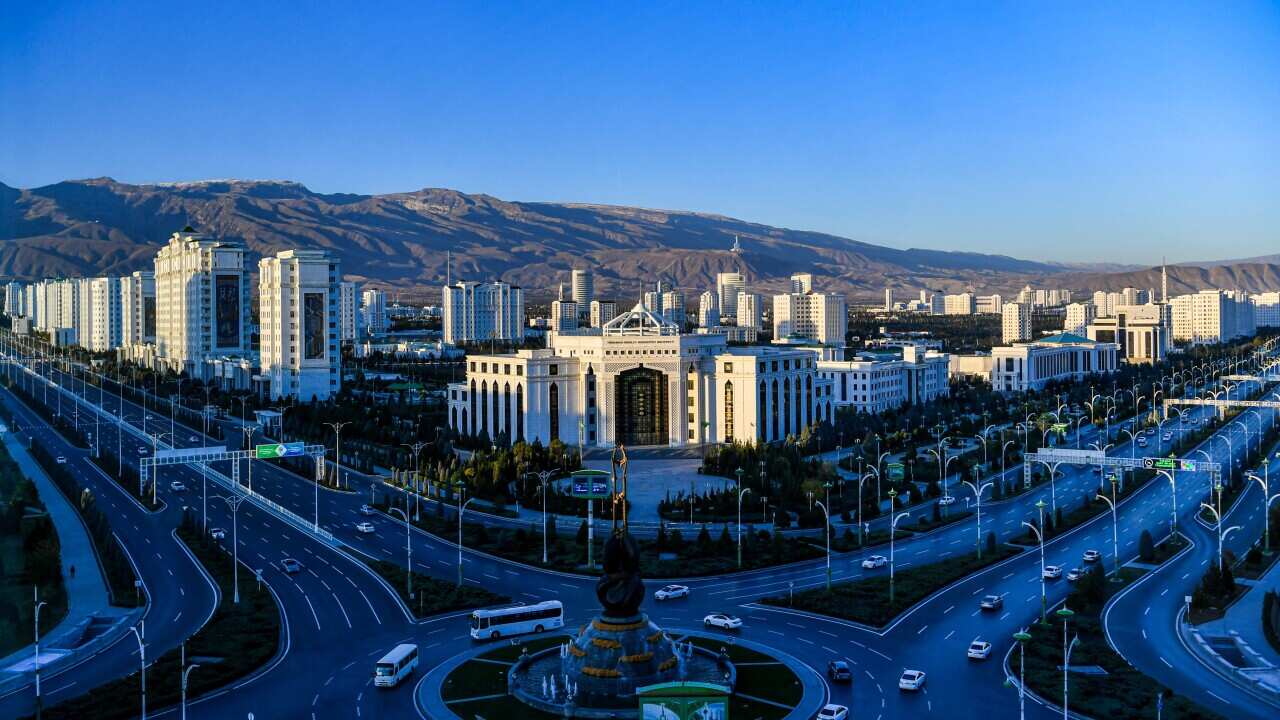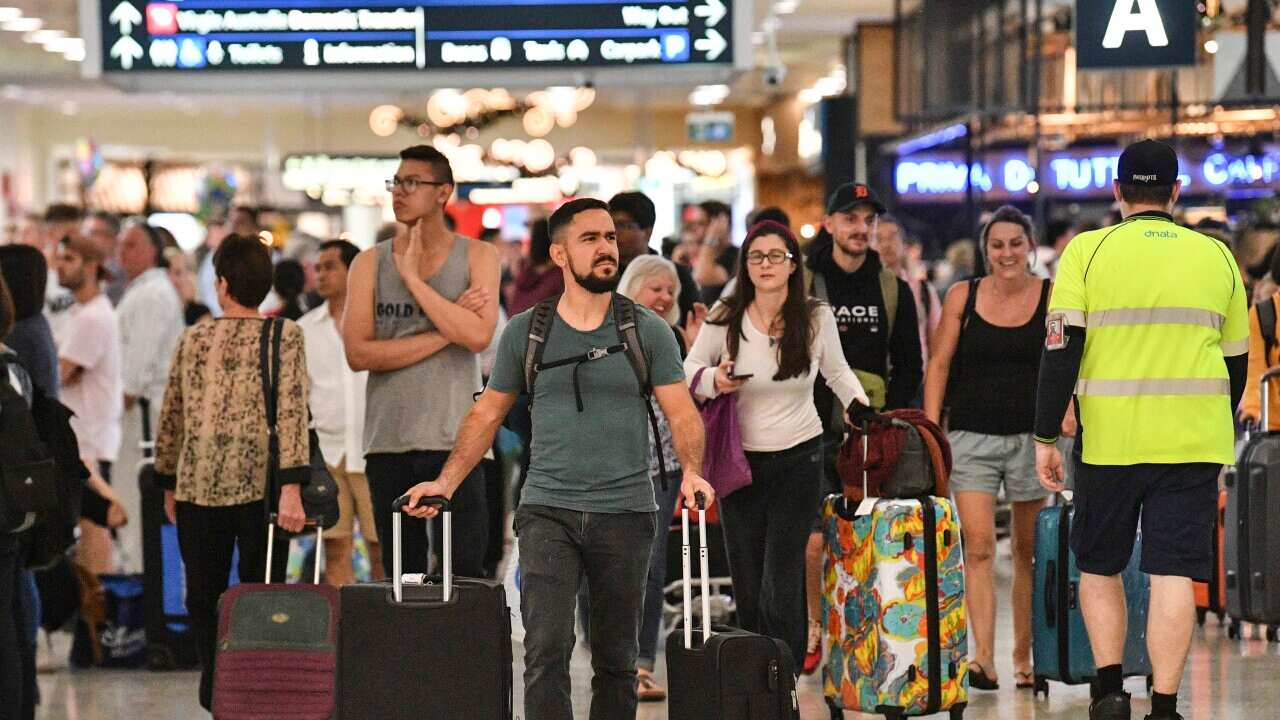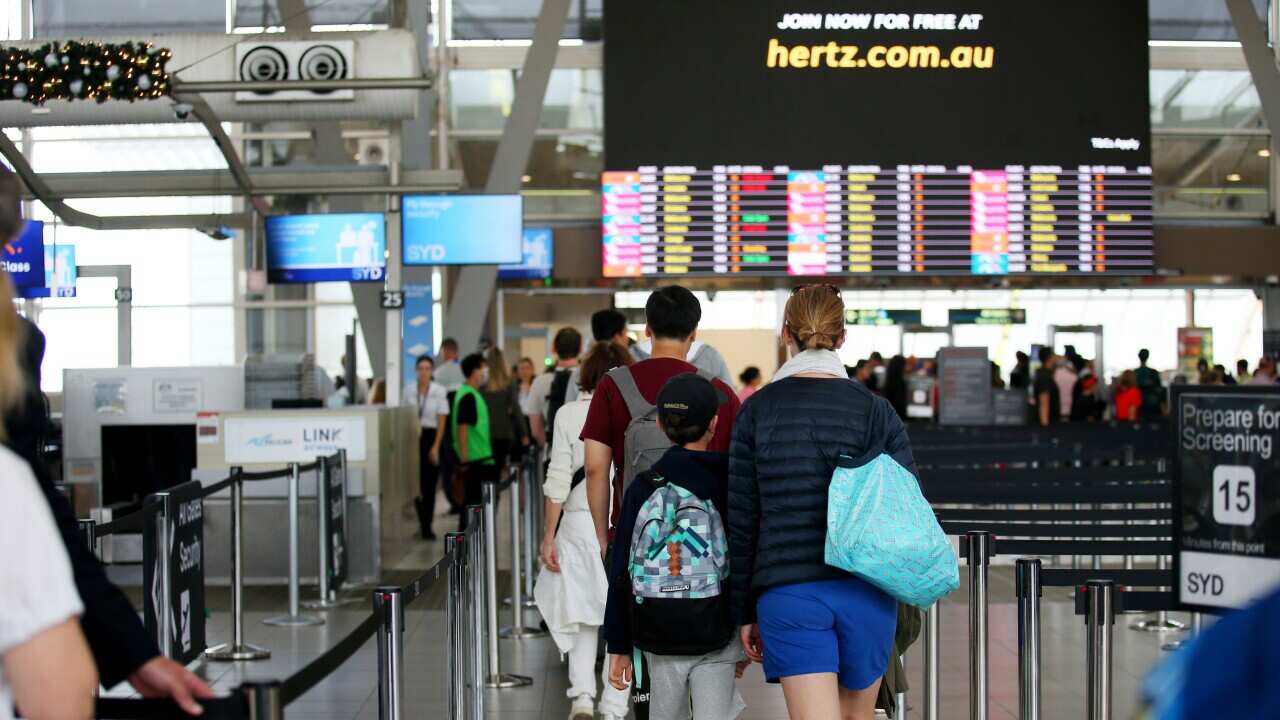Last Thursday, I woke up to tragic news that six of my International Committee of the Red Cross (ICRC) colleagues in Afghanistan had been attacked – shot and killed by armed men as they were attempting to deliver much-needed aid to communities in the north of the country. Two other colleagues who were also in the clearly marked red cross convoy remain unaccounted for.
This shocking incident has left our organisation heartbroken, deprived our team in Afghanistan of dear and committed colleagues and, of course, devastated the families of the victims, who have endured an unimaginable loss.
As we grieve for our colleagues, we must also acknowledge that news such as this is, sadly, not uncommon.
Last week's tragedy came on the same day as a deadly attack against a Syrian Arab Red Crescent distribution centre in Aleppo, and just weeks after an air strike at an internally displaced settlement in Nigeria killed and injured dozens of civilians, including humanitarians.
Working in war zones is inherently dangerous, and organisations such as the ICRC understand and prepare for the risks.
But aid workers are not a target, and never should be.
It is completely unacceptable that humanitarians, those who voluntarily leave their homes and their families to bring some sense of relief to victims of war, are routinely the victims of violence themselves – attacked, threatened, kidnapped, and murdered in the line of duty.
While this senseless violence is first and foremost a blow to the loved ones and colleagues of the victims, it also has serious knock-on effects for the communities aid organisations are trying to assist.
The ICRC is already one of only a few international humanitarian agencies remaining in Afghanistan, a country that continues to grapple with unrelenting bloodshed, where conflict-induced suffering and poverty is compounded by natural disasters.
When our staff members are attacked, whether in Afghanistan or elsewhere, we often have no choice but to suspend our operations in order to assess how we can continue to safely work.
For humanitarians, few things are more frustrating than knowing that people need your help but you are unable to respond – not because you lack the will to act, but because you are prevented from doing so safely.
We know, all too well, what delays on aid can mean for those who desperately need it.
It’s the horror of a doctor who has to work in medieval conditions, treating bomb victims without proper equipment or morphine. It’s families left freezing, robbed of blankets in the dead of winter. It’s the inconceivable heartbreak of a mother who has no choice but to watch her children waste away because lack of food has left them both starving.
In Afghanistan, as in every other country where we work, our staff do their best to reach out to all those involved in the fighting, whether governments or armed groups, to explain our humanitarian role.
We emphasise that our staff, along with our partners in the wider Red Cross Red Crescent Movement, do not carry weapons; we travel through conflict zones assuming the protection of the red cross and red crescent emblems – the internationally-recognised symbols that signify impartial and neutral aid.
We are emphatic in our neutrality and independence – principles that allow us to reach communities in the world’s most violent, highly-polarised places.
These principles are, at times, difficult for some to understand. Neutrality, in particular, can be perceived as silence in the face of outrages. However our neutrality does not equal inaction. Our confidentiality does not mean compromise.
We might not take sides in a conflict, but we always stand with the victims of war, and do all we can to ease their suffering, whatever their race, religion or political persuasion.
In order to do this, our humanitarian role needs to be accepted and trusted. And we need to be able to work without fear of attack.
Finding a balance between staying involved and staying safe is one of the biggest challenges we face today.
With no end in sight to the many brutal wars that are unfolding around the world, it is more important than ever that humanitarians are given a safe space to do their job.
Andrea Lunt is the communications officer at the International Committee of the Red Cross Australia Mission.
"I feel like I am flying": Afghanistan's freestyle cycling club offers an escape for teens in Kabul:












